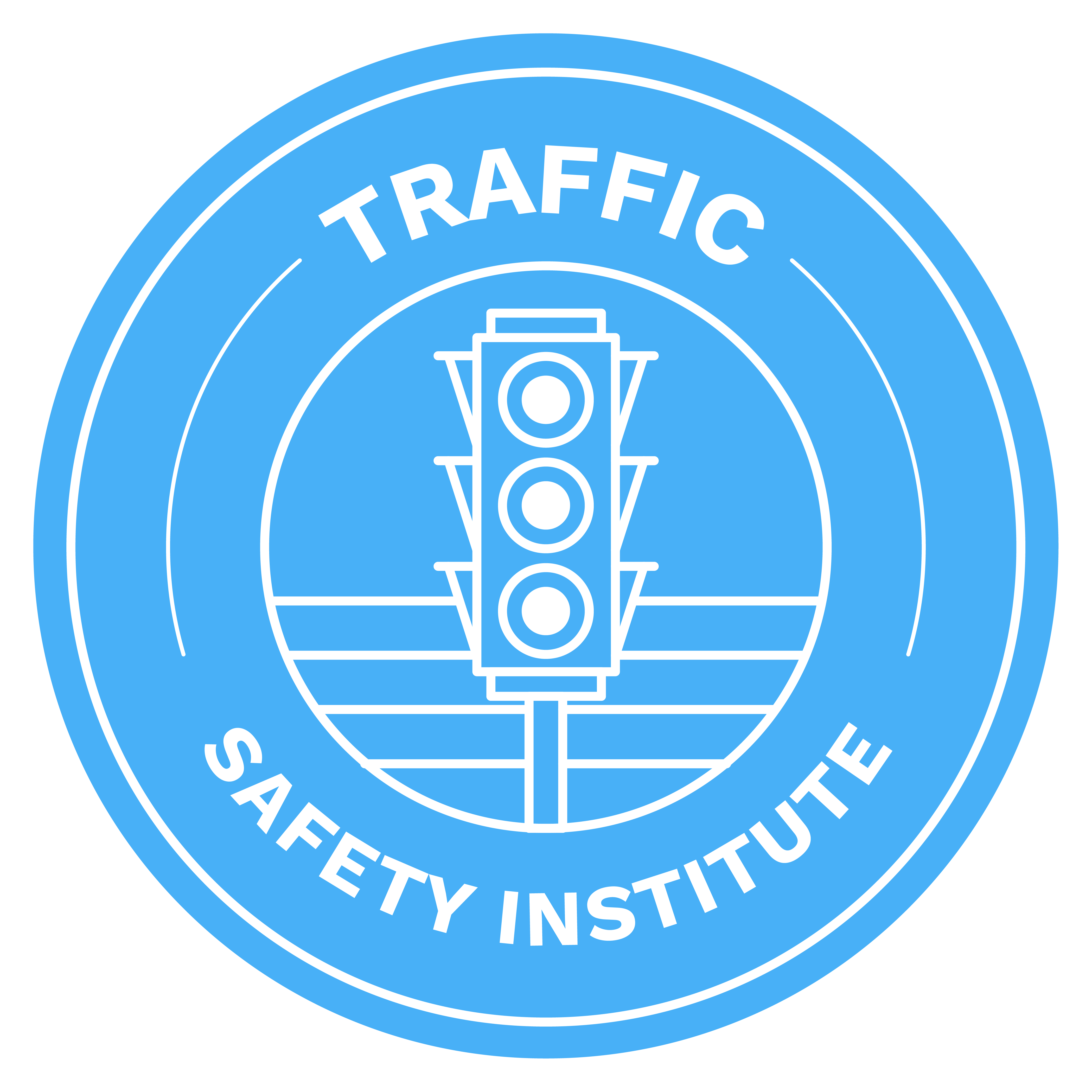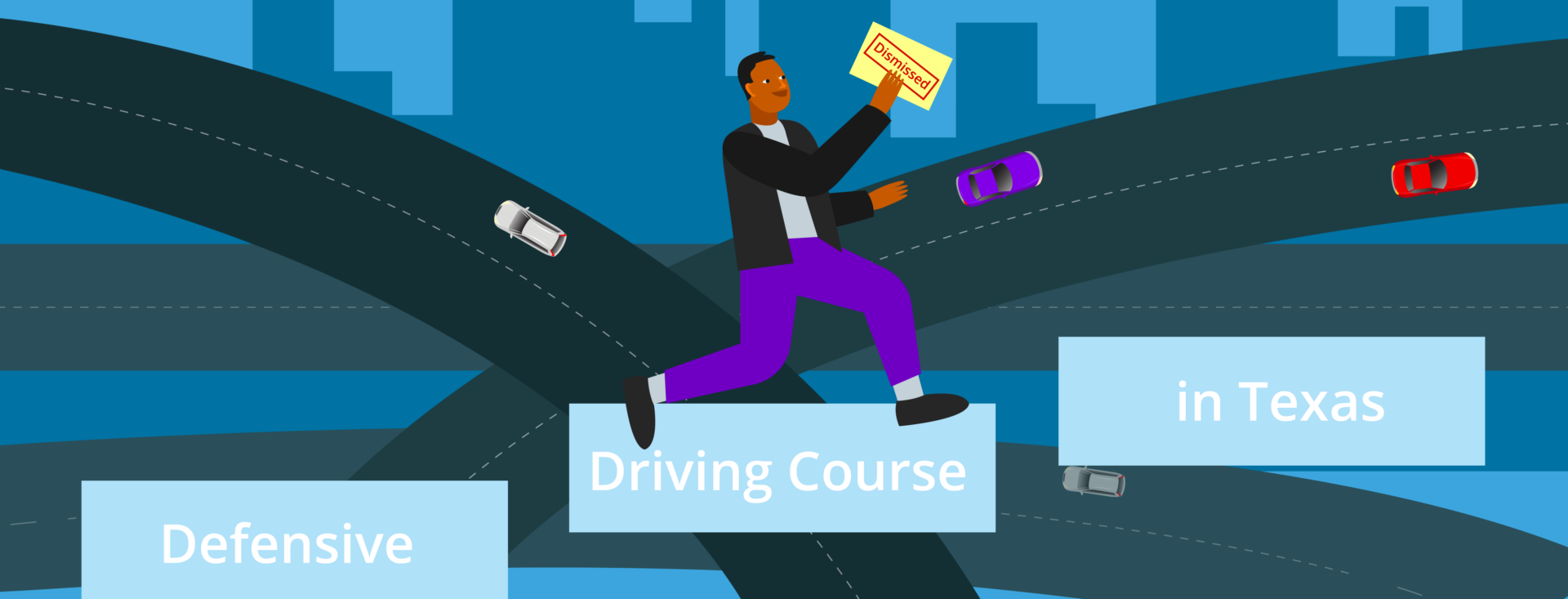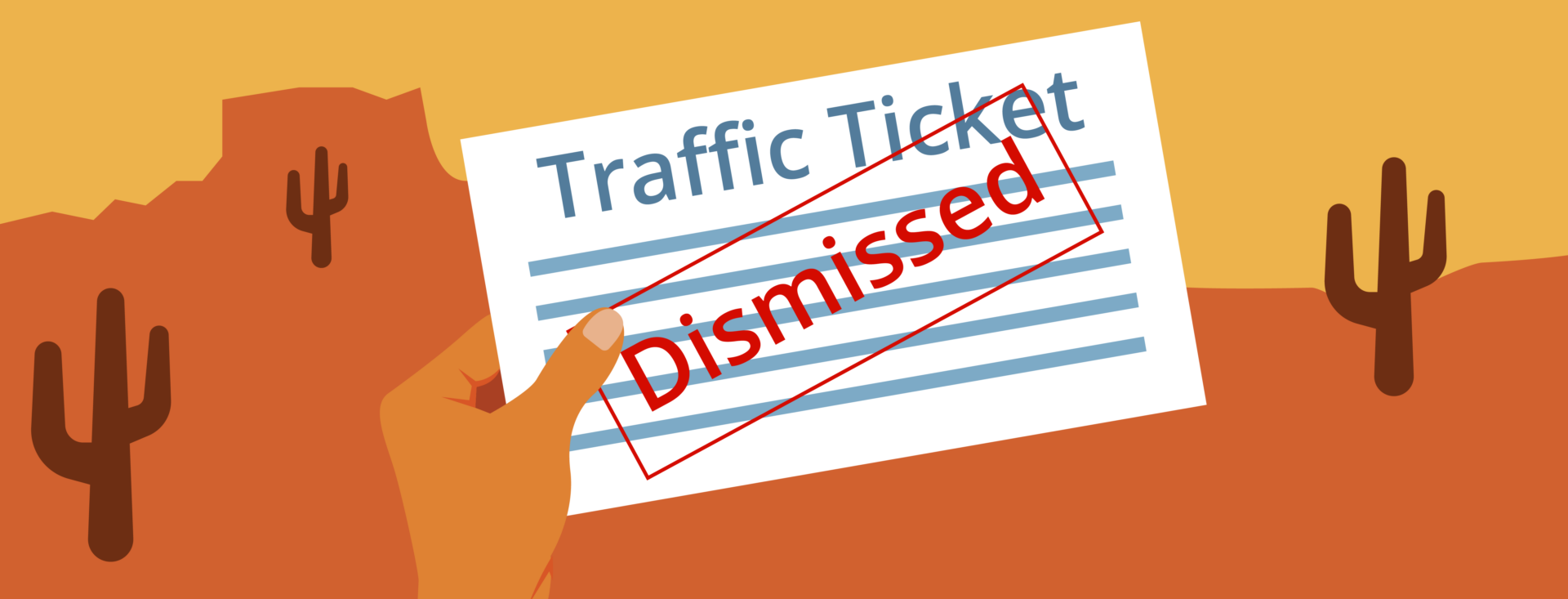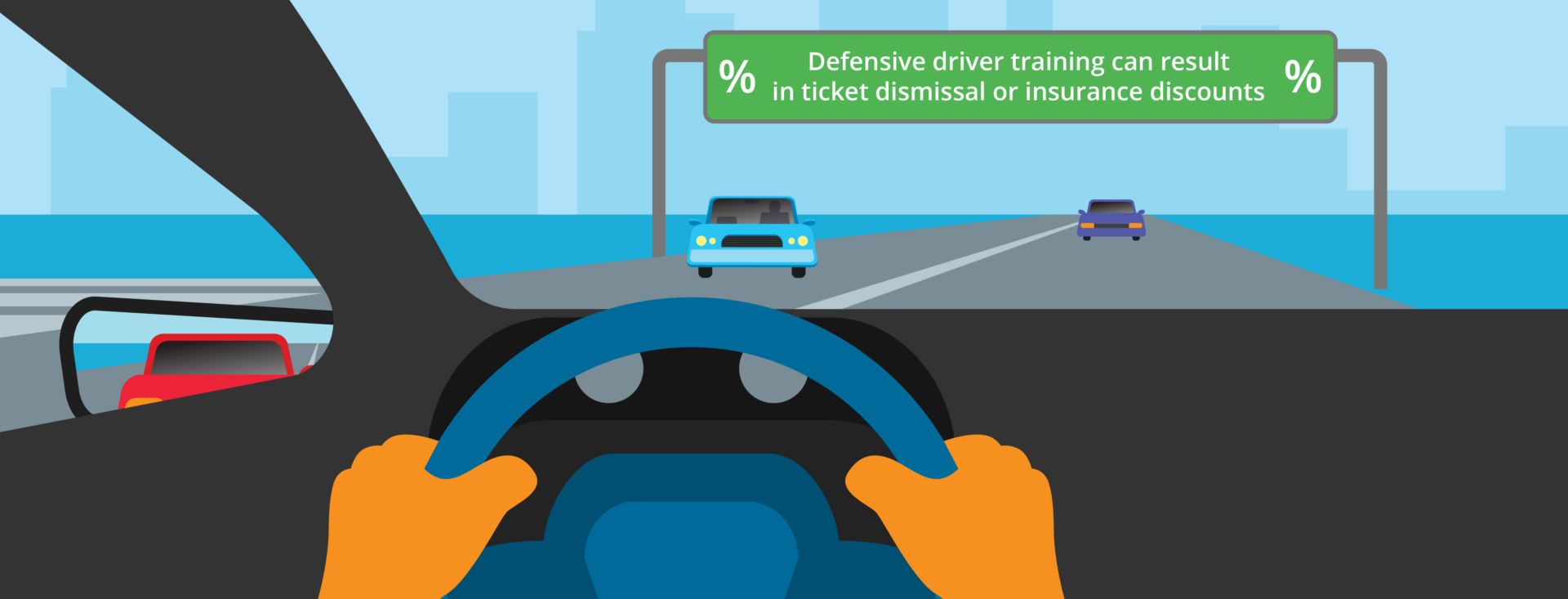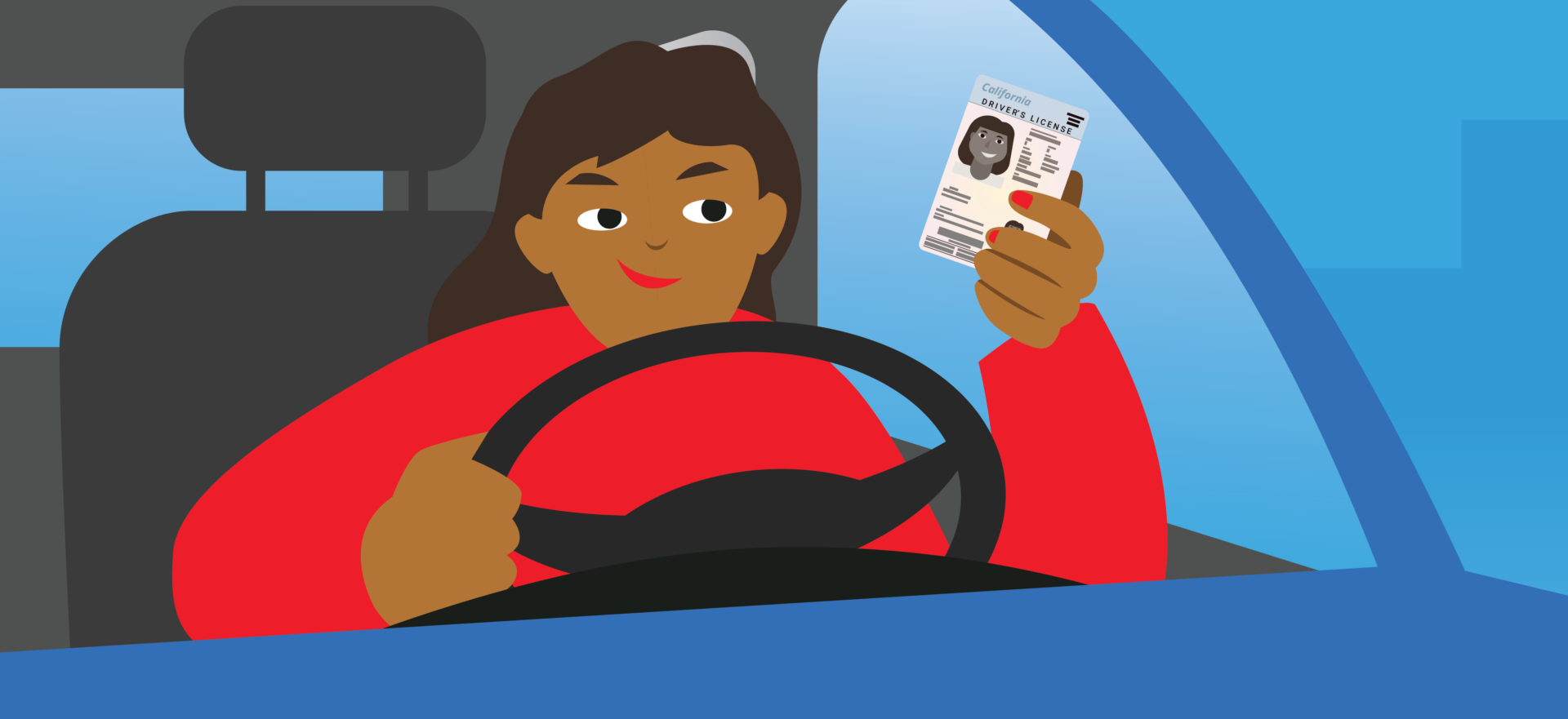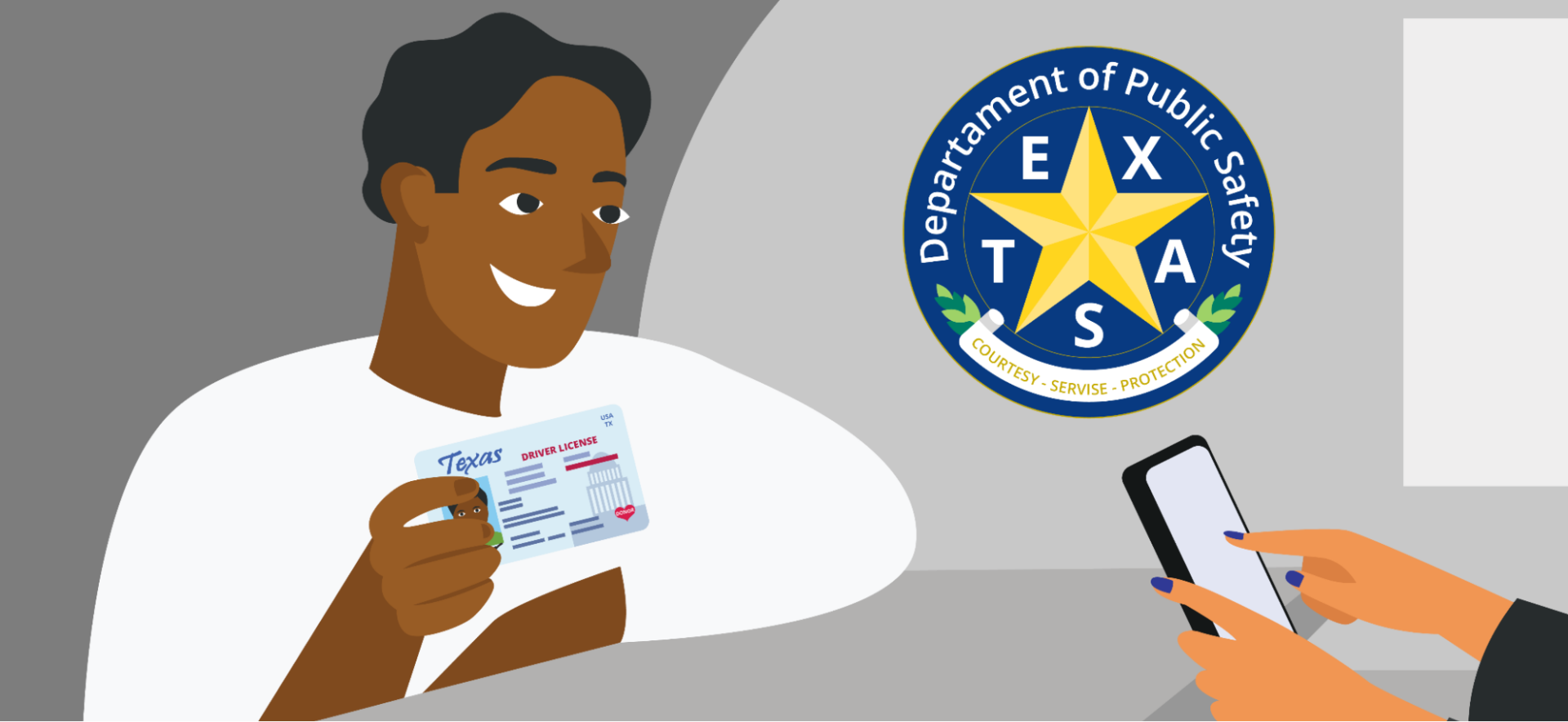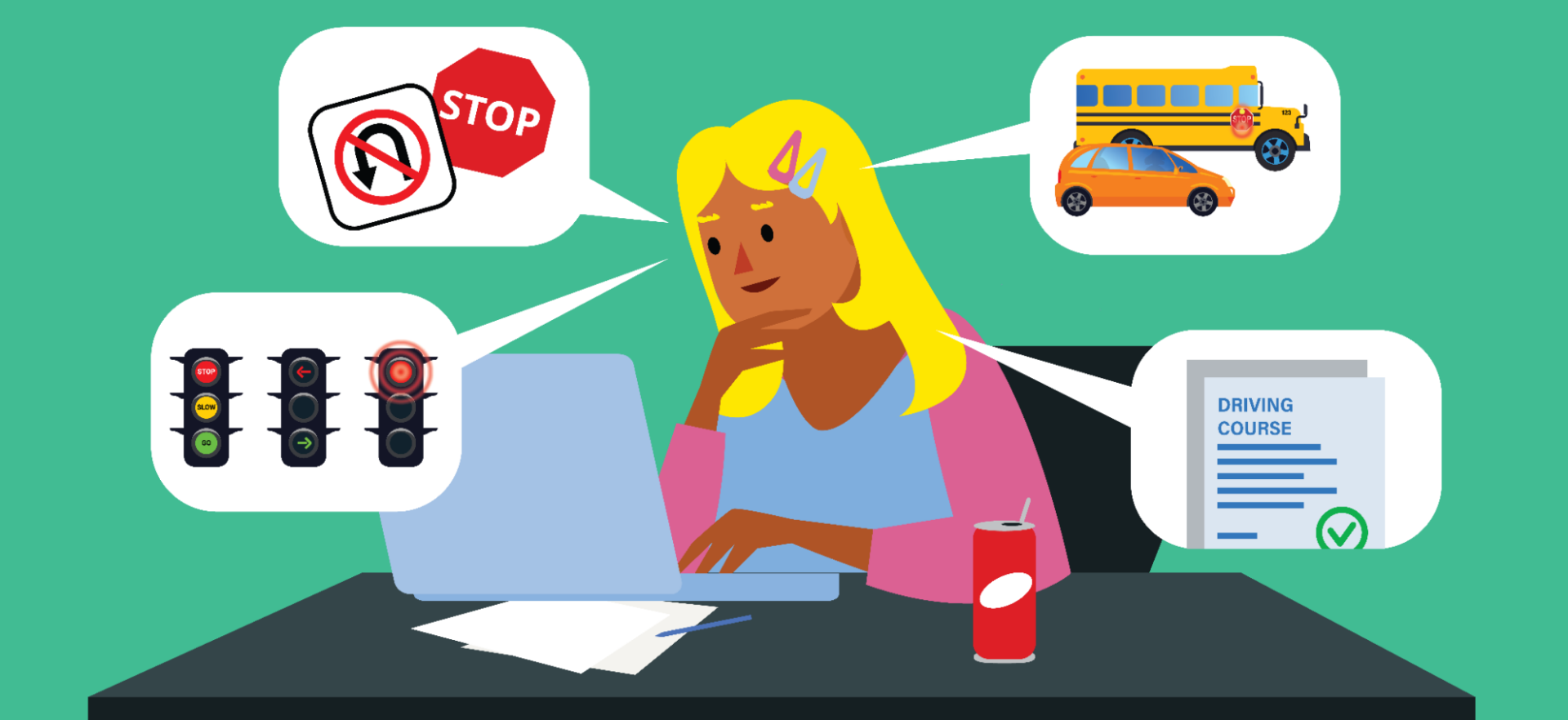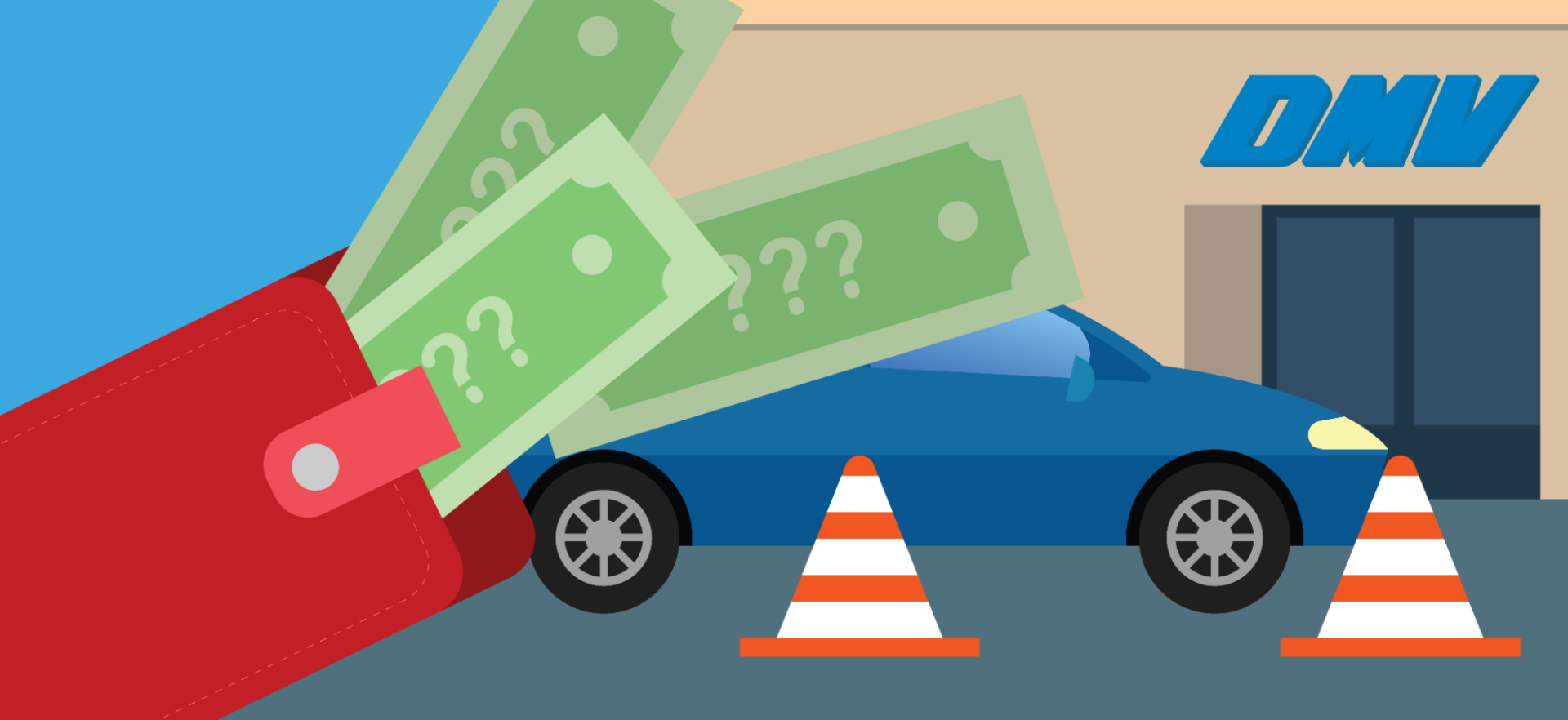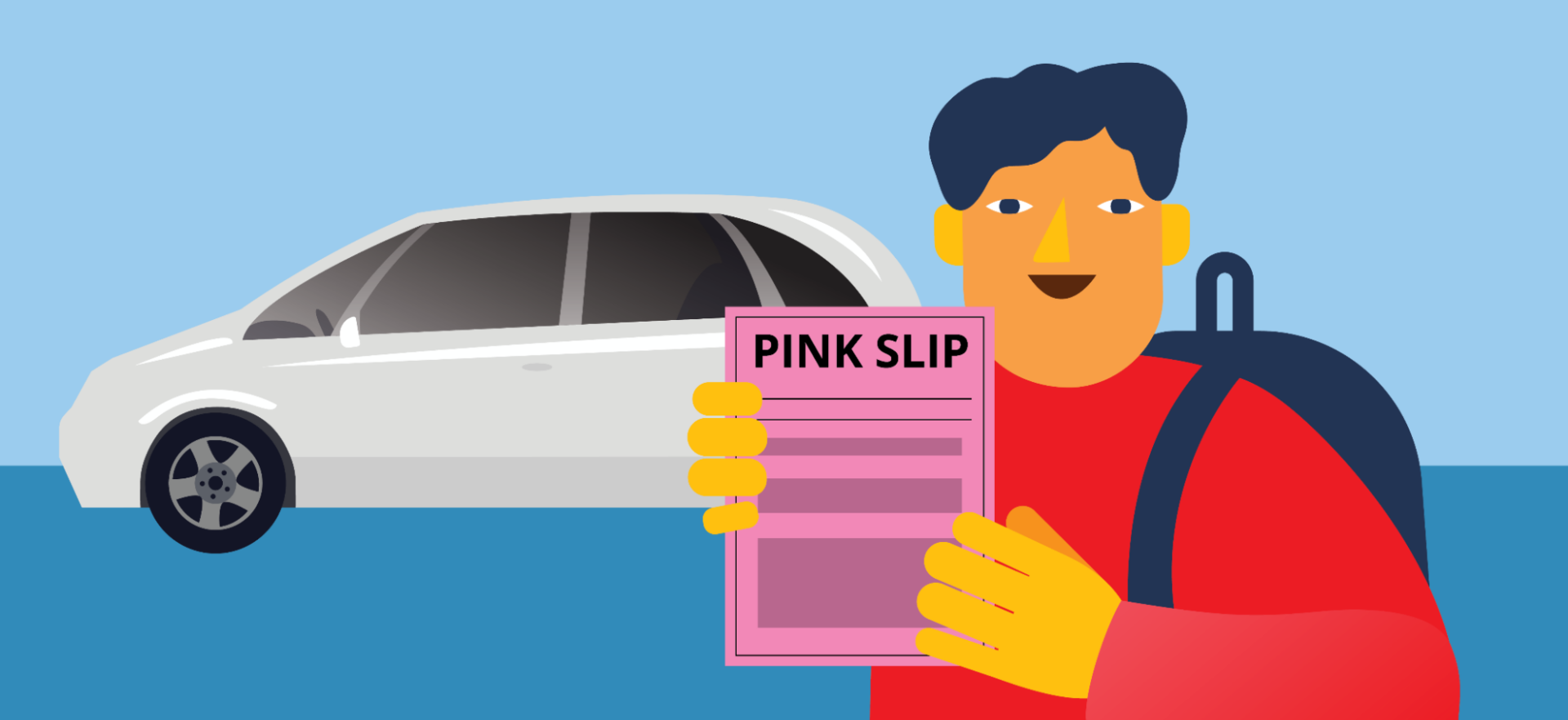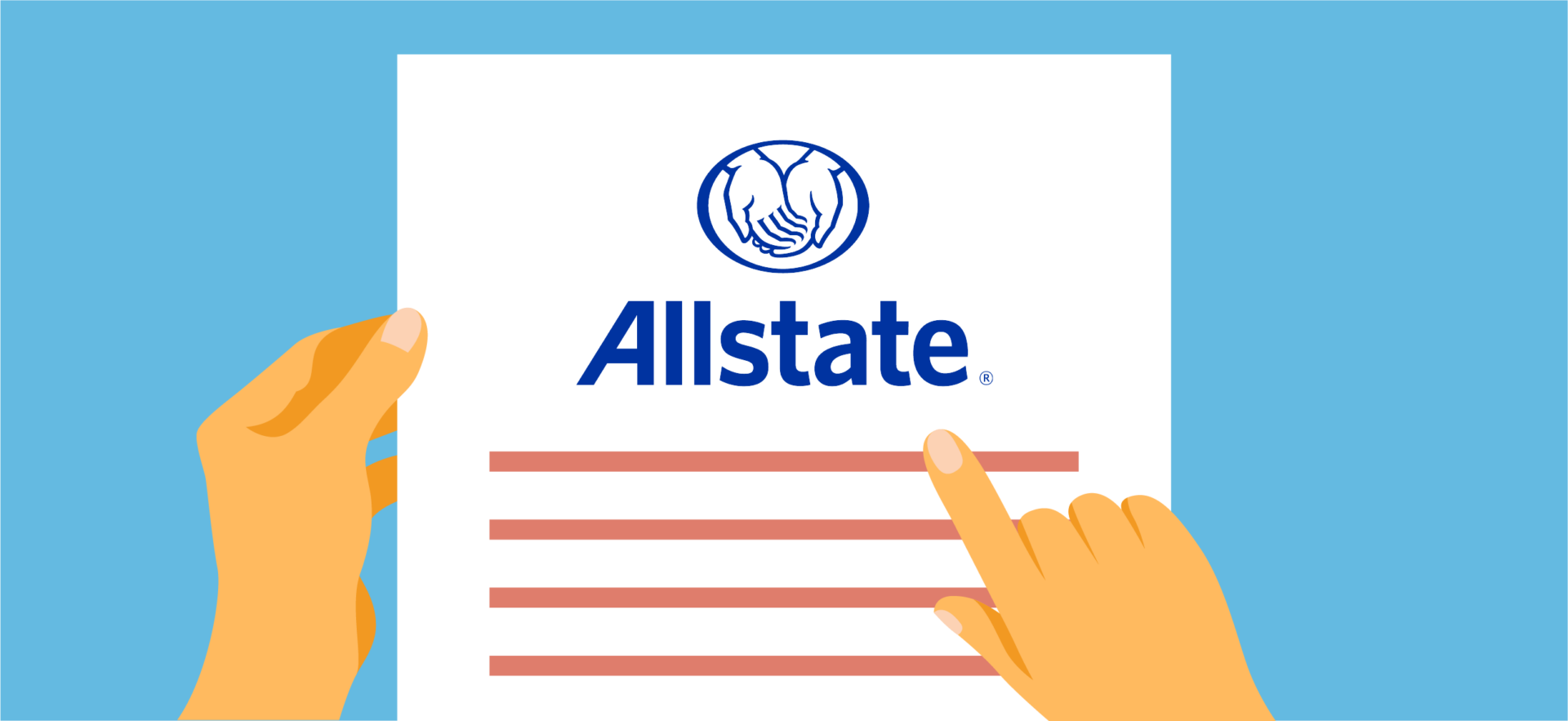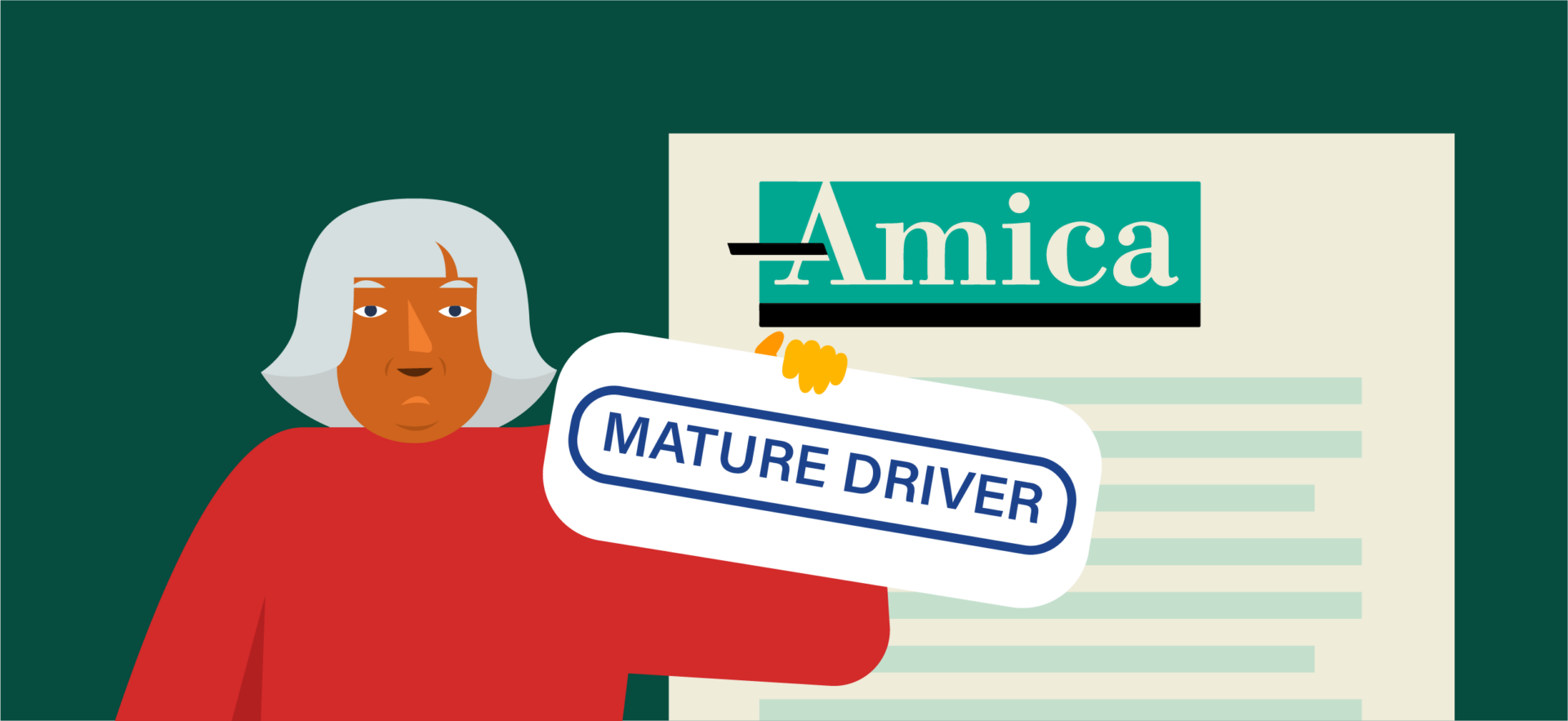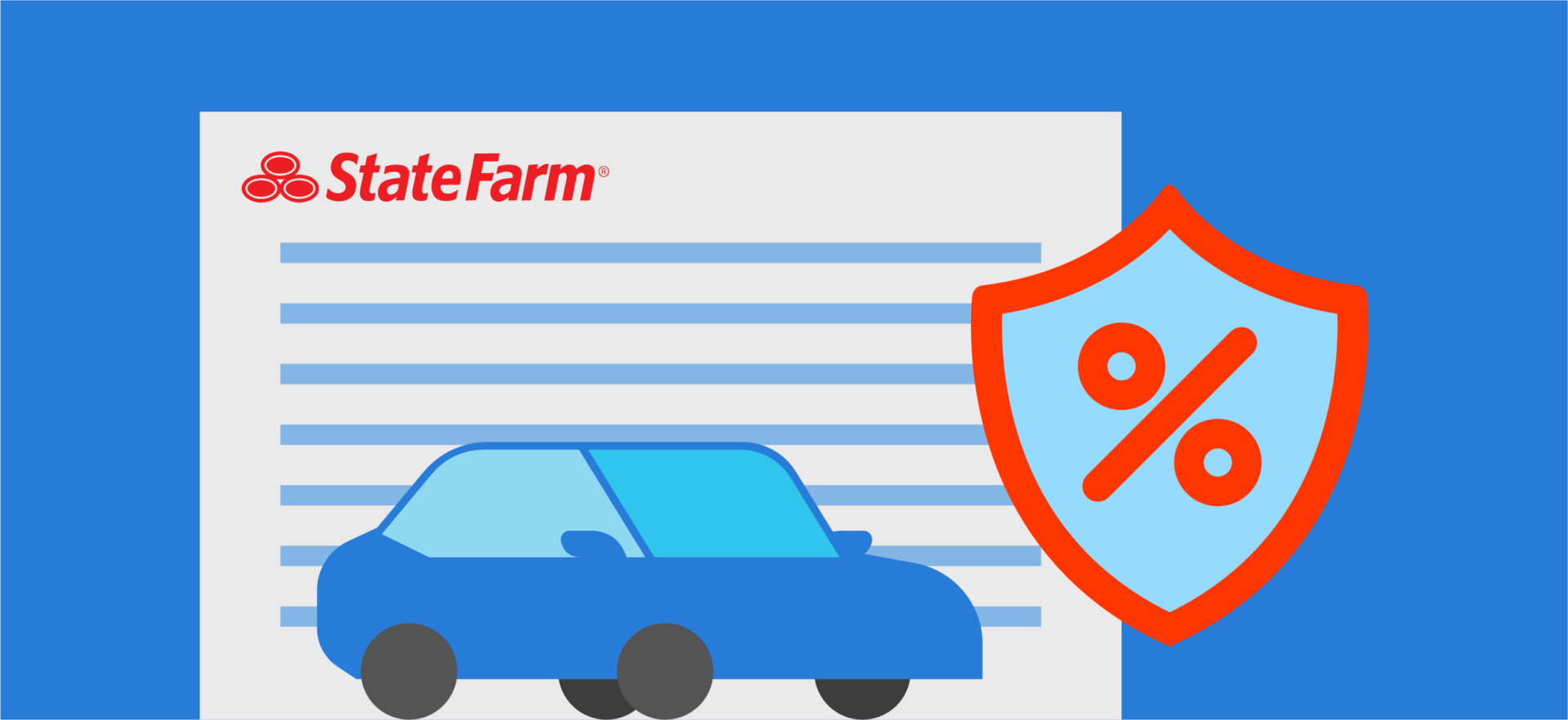Speeding in Texas – or most states for that matter – isn’t just dangerous but expensive, too. Generally, you can expect to pay around $146 to $500 or more for a speeding ticket in Texas.
But it’s actually more complicated than that. The exact fine amount varies by municipality and is based on the severity of the offense. Let’s take a closer look.
How Much Does a Speeding Ticket Cost in Texas?
In Texas, the maximum fine for speeding is around $500, including the court fees. However, in some counties, going just 3 mph over the speed limit can result in a $146 fine.
What complicates things further, though, is that speeding fines can differ a lot depending on the municipality in which you get the ticket.
For reference, here’s what you can expect to pay if you’re caught speeding in Houston, Texas, including court fees:
| MPH Over Limit | Speeding in Posted Zone | Speeding in School Zone | Speeding in Construction Zone |
|---|---|---|---|
| 1 – 5 mph | $224 | $254 | $269 |
| 6 – 9 mph | $234 | $274 | $294 |
| 10 – 14 mph | $259 | $289 | $329 |
| 15 – 19 mph | $284 | $309 | $414 |
| 20 – 29 mph | $309 | $334 | $464 |
Speeding ticket fines for Houston, Texas
A speeding ticket in Bell County, including court fees, carries different fines than one issued in Austin, Houston, and other cities or counties.
| MPH Over Limit | Fine |
|---|---|
| 1 – 5 mph | $177 |
| 6 – 10 mph | $187 |
| 11 – 15 mph | $212 |
| 16 – 20 mph | $237 |
| 21 – 24 mph | $286 |
Speeding ticket fines for Bell County, Texas
Let’s break down the fines associated with speeding based on the severity of your offense in Texas. We’ll use Dallas for reference, since it’s a major city. Note that your municipality will likely carry different fines, so if you weren’t caught in Dallas, consider these ballpark figures.
Note that a speeding ticket is the same as a citation and may be referred to by either term.
How Much Is a 10 Mph Speeding Ticket in Texas?
Exceeding the speed limit by 10 miles per hour in Dallas will cost you $201.10. This includes a base fine of $97 plus $104.10 in court fees.
The fine is higher if you’re caught speeding in a school zone. Expect to pay $221.10 plus an additional fee of $25 for going just 10 mph over the speed limit.
How Much Is a 15 Mph Speeding Ticket in Texas?
A 15-mph speeding ticket will cost you $226.10 in Dallas, Texas, including the court fees, or $246.10 plus a $25 fee if the offense occurs in a school zone.
How Much Is a 20 Mph Speeding Ticket in Texas?
If you’re pulled over for speeding 20 mph over the limit in Dallas, you’ll pay $251.10, including the court fees. The same offense carries a $271.10 fine plus a $25 fee if you’re caught speeding in a school zone.
How Much Is a 25 Mph Speeding Ticket in Texas?
A 25-mph speeding ticket carries a fine of $304.10, regardless of where the offense occurs. You’ll also have to pay an extra $25 for speeding in a school zone.
How Much Is a 30 Mph Speeding Ticket in Texas?
In Dallas, you’ll pay a maximum fine of $304.10, whether you exceed the speed limit by 25, 30, or 40 mph.
However, other municipalities impose higher fines for speeding 30+ mph.
For example, a 30-mph speeding ticket in Houston will cost you $334. Note that you’ll have to pay $359 if the offense occurs in a school zone, or $534 if you’re caught speeding in a construction zone with workers present.
How Much Is a 40 Mph Speeding Ticket in Texas?
Some municipalities charge higher fines for speeding over 30 mph. An example is Bexar County, where you’d have to pay a $336 fine for going 40 mph over the speed limit.
How Much Is a First-Time Speeding Ticket in Texas?
You can expect pay between $146 and $500 depending on the offense. The cost of a speeding ticket in Texas is primarily determined by the amount by which the driver exceeded the speeding limit and the location of the offense (school zone, construction zone, standard zone), not whether the offense is a first-time offense.
However, repeat offenders may face additional consequences. These include potential license suspension and increased insurance premiums. Note that the effects of this can sometimes be mitigated by attending a driver safety course.
Defensive driving courses can help you dismiss a ticket and prevent insurance increases. Learn more below.
Speeding Ticket Cost in Texas by City
The cost of a speeding ticket in Texas varies by metro area. Here’s an overview of speeding ticket costs in nine major Texas municipalities:
Houston
- 1-5 mph over the speed limit: $224
- 6-9 mph: $234
- 10-14 mph: $259
- 15-19 mph: $284
- 20-29 mph: $309
- 30+ mph: $334
San Antonio
- 1-10 mph over the speed limit: $203
- 10+ mph: $203 + $5 for every additional mile over the limit
Austin
Austin’s fine system is a bit more complex than that of other cities. Below are the standard fines for speeding on a city street:
- 11 mph over the speed limit: $192
- 12 mph over the limit: $199.50
- 13 mph: $207
- 14 mph: $214.50
- 15 mph: $222
- 16 mph: $229.50
- 17 mph: $237
- 18 mph: $244.50
- 19 mph: $252
- 19+ mph: $281
Fort Worth
- $8/$16 for each mile over the speed limit + $134/$159 in court fees, depending on where you were caught speeding
The standard fine for speeding in a regular zone is $8 for each mile over the limit. If the offense occurs in a school or construction (or other special areas), the fine is $16 for each mile over the limit.
For example, if you go 20 mph over the speed limit in a regular zone, you’ll have to pay a $160 fine plus $134 in court fees. That’s $294.
The same offense would result in a $320 fine ($16 x 20 mph over the speed limit) plus $134 in court fees if it occurs in a construction zone with workers present. This means you’d have to pay $454.
El Paso
- 1 mph over the speed limit: $159
- 5 mph: $175
- 10 mph: $195
- 15 mph: $235
- 20 mph: $275
- 25+ mph: $333.75
Like in other municipalities, the fines for speeding in school or construction zones are much higher.
Arlington
- 1-10 mph over the speed limit: $204
- 11-34 mph: $204 + $3 for each mile over the speed limit
- 35+ mph: $334
Corpus Christi
In Corpus Christi, most traffic violations carry a maximum fine of $200 plus court and administrative fees.
Laredo (Webb County)
- 1-9 mph over the speed limit: $206
- 10-14 mph: $216
- 15-19 mph: $226
- 20-24 mph: $256
- 25-35 mph: $256
- 36+ mph: $286
If your city isn’t on this list, try looking up the official municipal court that governs speeding fines in your area. If you live in an urban area, this is likely a municipal court. If you live in a rural area, this is likely your county court.
Read: Running a Red Light in Texas: How Much Will the Ticket Cost?
The Consequences of a Speeding Ticket in Texas
Texas stopped using a driver’s license point system in 2019, but this doesn’t make things any easier for traffic offenders. Most violations still carry hefty fines and can add up on your record or, in some cases, get your license suspended on the spot.
As far as speeding goes, here’s what you can expect after being ticketed.
License Suspension
The state’s Department of Public Safety (DPS) tracks the number of moving violations you commit over a 12- to 24-month period.
Under this system, your driver’s license may be suspended if you’re found guilty of:
- 4+ moving violations within one year
- 7+ moving violations within two years
- 2+ traffic offenses related to a license restriction or endorsement (e.g., operating a truck without a commercial driver’s license)
- Driving under the influence
- Causing a car accident that results in severe or fatal injuries
- Being involved in an accident while driving without insurance
This means you risk losing your driving privileges if you receive four speeding tickets within 12 months. The same can happen if you commit multiple offenses, including excessive speeding, within a one- or two-year period.
Higher Insurance Rates
Speeding and other moving violations go on your driving record, which can result in higher auto insurance rates.
Just one speeding ticket can increase your annual premiums by 22% to 29% for three consecutive years. That’s how long the violation stays on your record.
If, say, you pay $2,594 for car insurance each year, a 29-mph speeding ticket can raise your premiums by 27%, or $551. As a result, you’d end up paying $3,145 per year.
The exact numbers depend on your insurance carrier, whether you’re a first-time or repeat offender, and other factors. However, you’ll definitely pay extra unless you get your ticket dismissed. You may be able to do this by taking a Texas defensive driving course. Note that you can take a defensive driving course just to get a discount on your insurance rate.
Missed Career Opportunities
Speeding tickets can also impact your career, especially if you hold public office or have a job that requires a clean driving record.
In Texas, speeding is a misdemeanor and will show up on background checks. As a result, some employers could lay you off or refuse to hire you.
Potential for Criminal Charges
Under normal circumstances, you cannot be arrested for speeding. However, you may face criminal charges if you’re found guilty of street racing or reckless driving, which often involves speeding well over the limit.
According to the law firm Varghese Summersett, going 20 mph over the speed limit on Texas roadways can constitute reckless driving. This charge can result in up to 30 days of jail time and a fine of up to $200.
The penalties are even more severe when speeding leads to an accident. In such cases, you may need to hire an attorney, go to trial, and pay compensation to the injured party.
What to Do If You Get a Speeding Ticket in Texas
Depending on your circumstances, there are four ways to deal with a speeding ticket in Texas:
- Pay the fine and take a driver safety course
- Contest the ticket
- Request deferred adjudication from the court
- Ask the judge to reduce or dismiss your ticket
Let’s see what these options entail and how to determine what’s right for you.
Plead Guilty and Take a Defensive Driving Course
With the court’s approval, you may be able to get your ticket dismissed by taking a driver safety (also known as defensive driving) course.
First, check with the court to make sure you’re eligible.
Texas law doesn’t allow a driver safety course if a driver is caught speeding 25+ mph over the limit or in a construction zone. Also, you may not take the course if you didn’t have car insurance at the time of the offense, among other requirements.
Apart from that, you must hold a valid, non-commercial driver’s license and not have taken a driver safety course within the past 12 months.
If you meet the eligibility criteria, plead guilty to the charge and pay the fine. After that, choose a TDLR-approved defensive driving course, such as Traffic Safety Institute.
Our course is accepted by all Texas courts and takes just six hours to complete. It’s available in all Texas counties, including Dallas, Tarrant, Bexar, and Travis. Plus, you can study online at your own pace from any device and pay only after you pass. (If you want a bit of a discount, check our our defensive driving course promo code.)
After you finish the course, we’ll submit your completion certificate to the court within 24 hours. We’ll also email you an electronic copy for free.
Once the court has reviewed your certificate, the judge will dismiss the charges against you. Not only will this prevent the ticket from appearing on your driving record, but it will also keep your insurance rates from going up.
Start Texas Driver Safety online for FREE today.
Read: 5 Defensive Driving Class Benefits
Contest the Ticket
If you go this route, you must plead not guilty and request a hearing to fight the ticket in court. During the trial, you’ll have the opportunity to present evidence in your favor, which could lead to ticket dismissal.
Alternatively, hire a traffic attorney to appear in court on your behalf. Just be aware that legal representation may cost you more than the speeding fine.
Choose this option only if you have a strong case or face additional charges that could result in license suspension or jail time.
Request a Deferred Adjudication
A deferred adjudication is a legal process that is somewhat similar to a plea deal, as it involves an agreement between you and the court.
You’ll plead “guilty” or “no contest,” waive your right to a trial, and undergo a “probation” period. During this time, you must meet certain requirements, such as not committing any traffic violations for 90 days or longer. Depending on the court, you may need to complete a driver safety course as part of the agreement.
A deferred adjudication won’t remove the ticket from your record. However, it will seal it from public view, preventing the charge from affecting your insurance premiums or career prospects. In some cases, the judge may also agree to waive the fine and court fees.
This option is usually available for first-time offenders charged with minor infractions (e.g., speeding less than 25 mph over the limit). The exact requirements vary from one court to another, so be sure to do your research beforehand.
Note that failure to comply with the court’s terms will result in a conviction on your record.
Ask for a Charge Reduction or Dismissal
Depending on the severity of your offense, the judge may agree to reduce or dismiss the charges against you.
- For instance, they may grant your request if you have evidence to justify your speeding (e.g., you were rushing to the ER).
- Alternatively, explain that you made a mistake of fact. For example, if the school zone sign was obscured by trees, you may argue that you continued to drive at 45 mph, believing that you were still within the legal limit.
If you choose a charge reduction or dismissal, it’s best to discuss your options with a traffic lawyer. After analyzing your case, they’ll tell you more about the defenses you can use to get your ticket reduced or dismissed.
FAQs about Speeding Tickets in Texas
Looking for further insights? Here are the answers to some frequently asked questions.
How many speeding tickets can you get before losing your license in Texas?
Your driver’s license may get suspended if you receive four or more speeding tickets within 12 months or seven tickets within 24 months.
Be aware that you’ll lose your driving privileges on the spot if you’re caught speeding while under the influence.
Is Texas strict on speeding?
Yes, it is. In Texas, speeding is considered a Class C misdemeanor. Therefore, it carries more severe penalties than an infraction.
In some cases, speeding may be classified as a Class A or Class B misdemeanor, which is a lot more serious than a Class C misdemeanor. Potential penalties range from fines and license suspension to jail time.
